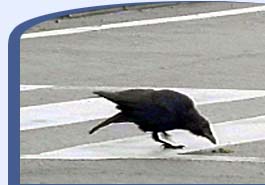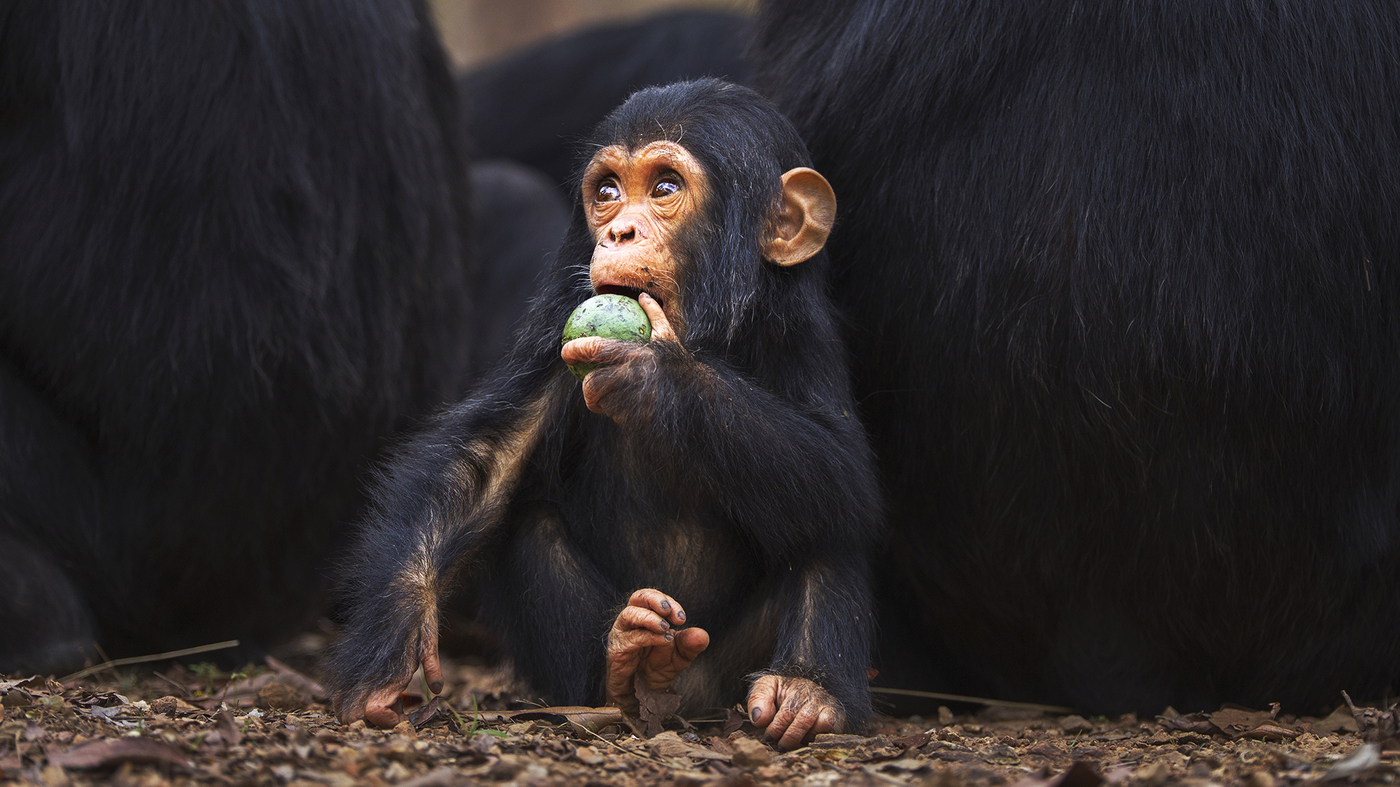I think it would be useful to have a discussion on brain size and intelligence - the reason I put skull size in the thread title is that I think it is safe for one to assume that the brain cannot grow "bigger" without more space available in the skull - hence the skull having to grow bigger as well
First - an introduction - what makes an animal smarter than another animal or a person smarter than another person ?
"Encephalization quotient (EQ), encephalization level (EL), or just encephalization is a relative brain size measure that is defined as the ratio between observed to predicted brain mass for an animal of a given size, based on nonlinear regression on a range of reference species."
In layman's terms - basically just because an animal has a larger brain than another - this does not necessarily mean it is more intelligent - but if the ratio of it's brain proportionate to the rest of it's body is greater - the animal is extremely likely (I would say with certainty) to be more intelligent)
This is why they say you cannot say Whales or Elephants are the smartest animals - they have some of the largest brains - but not the largest brain to body mass ratios when compared to animals that are highly regarded as intelligent - context is important here
Examples: Animals with High EQ Ratios -
Ravens

Are ravens as smart as us? | BBC Earth
It’s well known that ravens, crows, and other members of the corvid family are more brainbox than birdbrain. But scientists continue to be astounded by just how clever these avian Einsteins prove to be.
One recent study claims that by four months old, ravens have full-blown cognitive skills and before reaching full maturity they can rival adult great apes. Another, indicates that problem-solving crows perform similarly to children under seven years of age. And what is more remarkable is the scope of intelligence that these feathered masterminds display…
Among birds, the highest brain-to-body ratios are found among parrots, crows, magpies, jays and ravens.
But corvids—a group of birds that includes jays, ravens, and crows—also spend a lot of time under their parents' wings. ... The results, reported last week in the Philosophical Transactions of the Royal Society B , also confirm corvids have unusually large brains compared with many other birds.
First - an introduction - what makes an animal smarter than another animal or a person smarter than another person ?
"Encephalization quotient (EQ), encephalization level (EL), or just encephalization is a relative brain size measure that is defined as the ratio between observed to predicted brain mass for an animal of a given size, based on nonlinear regression on a range of reference species."
In layman's terms - basically just because an animal has a larger brain than another - this does not necessarily mean it is more intelligent - but if the ratio of it's brain proportionate to the rest of it's body is greater - the animal is extremely likely (I would say with certainty) to be more intelligent)
This is why they say you cannot say Whales or Elephants are the smartest animals - they have some of the largest brains - but not the largest brain to body mass ratios when compared to animals that are highly regarded as intelligent - context is important here
Examples: Animals with High EQ Ratios -
Ravens
Are ravens as smart as us? | BBC Earth
It’s well known that ravens, crows, and other members of the corvid family are more brainbox than birdbrain. But scientists continue to be astounded by just how clever these avian Einsteins prove to be.
One recent study claims that by four months old, ravens have full-blown cognitive skills and before reaching full maturity they can rival adult great apes. Another, indicates that problem-solving crows perform similarly to children under seven years of age. And what is more remarkable is the scope of intelligence that these feathered masterminds display…
Among birds, the highest brain-to-body ratios are found among parrots, crows, magpies, jays and ravens.
But corvids—a group of birds that includes jays, ravens, and crows—also spend a lot of time under their parents' wings. ... The results, reported last week in the Philosophical Transactions of the Royal Society B , also confirm corvids have unusually large brains compared with many other birds.

| 
When the lights change, the birds hop in front of the cars and place walnuts, which they picked from the adjoining trees, on the road. After the lights turn green again, the birds fly away and vehicles drive over the nuts, cracking them open. Finally, when it’s time to cross again, the crows join the pedestrians and pick up their meal. |
Animals with very large flock size and/or complex social systems consistently score high EQ, with dolphins and orcas having the highest EQ of all cetaceans, and humans with their extremely large societies and complex social life topping the list by a good margin.

Another interesting point is that EQ ratio's tend to be different compared to men vs women and also between races amongst people (I will not delve into this further because I just know this conversation is too politically incorrect to have on this forum and that I will be attacked/targeted (as per usual - but if you are interested I would suggest looking it up for yourselfBigger brains are smarter, but not by much
Using a large dataset and controlling for a variety of factors, including sex, age, height, socioeconomic status, and genetic ancestry, scientists found that people with larger brains rated higher on measures of intelligence and educational attainment. Size was far from everything, however...
www.sciencedaily.com
"The effect is there," says Nave, an assistant professor of marketing at Wharton. "On average, a person with a larger brain will tend to perform better on tests of cognition than one with a smaller brain."
This begs the question - knowing that someone's brain to body ratio is an excellent indicator of intelligence - would the following be true or would this be too much of a reach of an assumption ? -
Would a short man with a very large skull be indicative of an intelligent man ? It would seem that his brain might be especially large relative to the rest of his body
And inversely
Would a tall man with a very small skull be indicative of a man who may not be as intelligent ? It would seem his brain might be smaller relative to the rest of his body
You can let me know your thoughts - I am interested in seeing what people have to say on this matter
Last edited:




